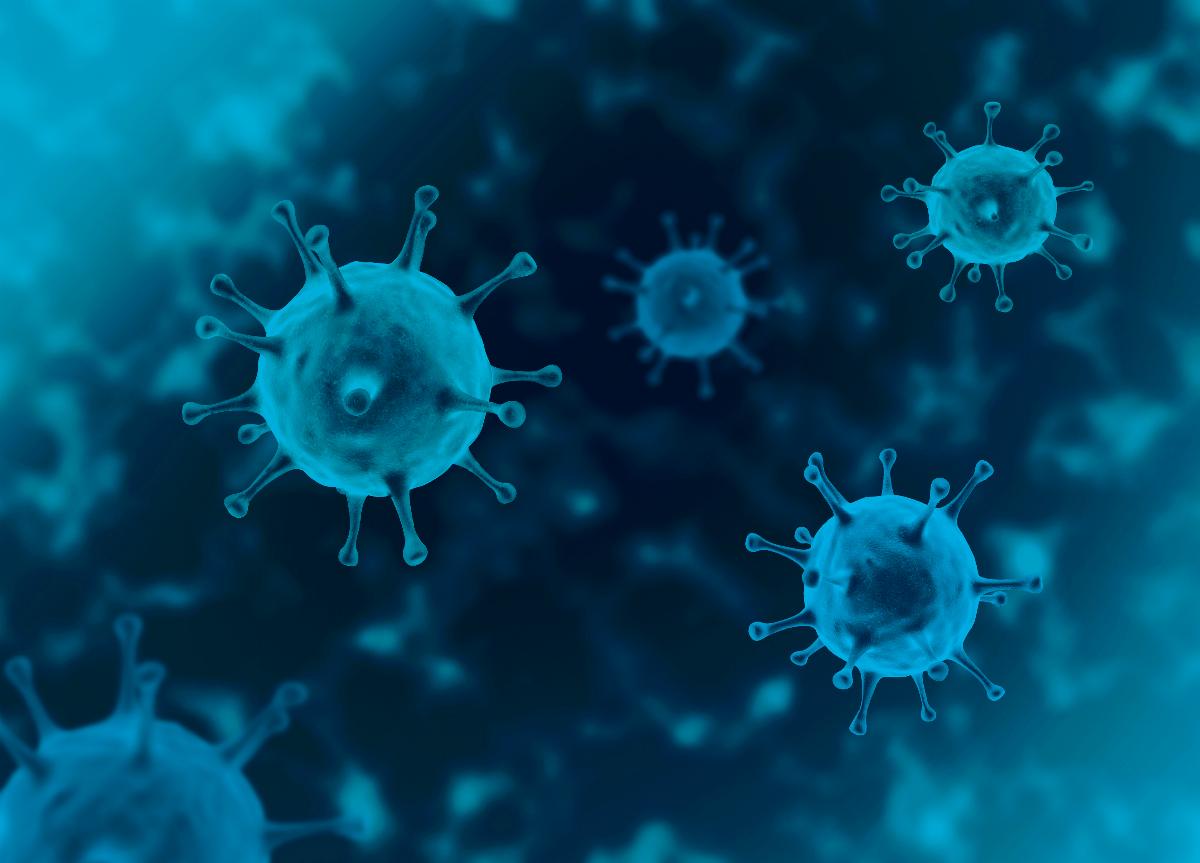
COVID-19
COVID-19 is a disease caused by the SARS-CoV-2 virus, first identified in Wuhan, China, in December 2019. The virus primarily spreads through respiratory droplets and can cause symptoms ranging from mild, such as fever and cough, to severe cases involving difficulty breathing, pneumonia, and death. The World Health Organization (WHO) declared it a global pandemic on March 11, 2020.
To control the spread, governments worldwide implemented various public health measures, including social distancing, lockdowns, and mask mandates. Testing for COVID-19 became widely available, and contact tracing was used to identify and isolate infected individuals. Several vaccines were developed and approved for emergency use by late 2020, including vaccines from Pfizer-BioNTech, Moderna, and AstraZeneca. These vaccines significantly reduced severe illness, hospitalizations, and deaths.
Variants of the virus, such as Delta and Omicron, emerged, leading to increased transmission rates and concerns about vaccine efficacy. However, studies showed that vaccines continued to protect against severe outcomes. Many countries also began offering booster doses to enhance protection, especially as immunity waned over time.
COVID-19 has had significant global impacts, affecting healthcare systems, economies, and daily life. Efforts to mitigate the pandemic included the development of treatments like remdesivir and monoclonal antibodies, which have been used to manage severe cases. Public health authorities continue to monitor new variants and adjust response strategies accordingly.
Quellen







